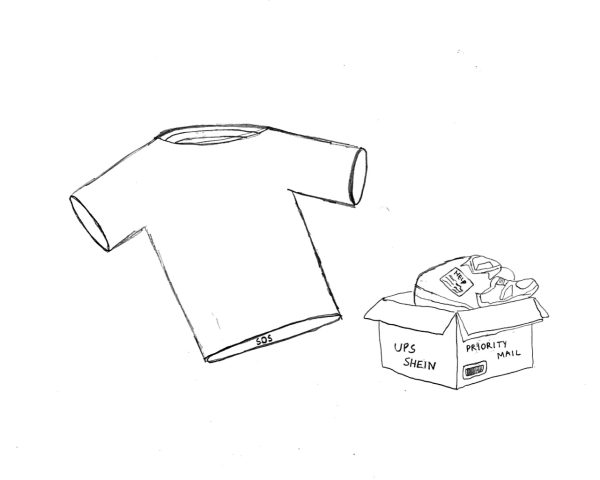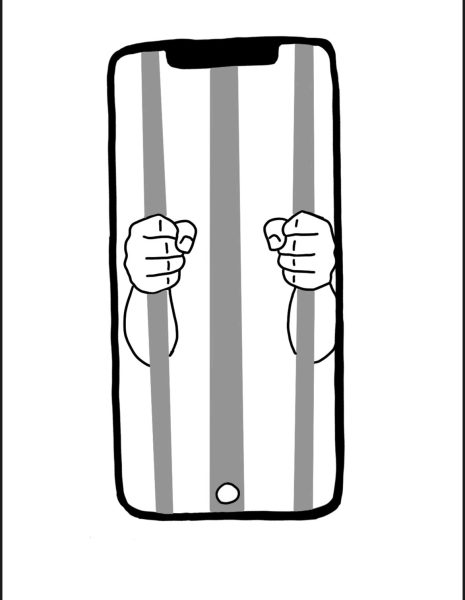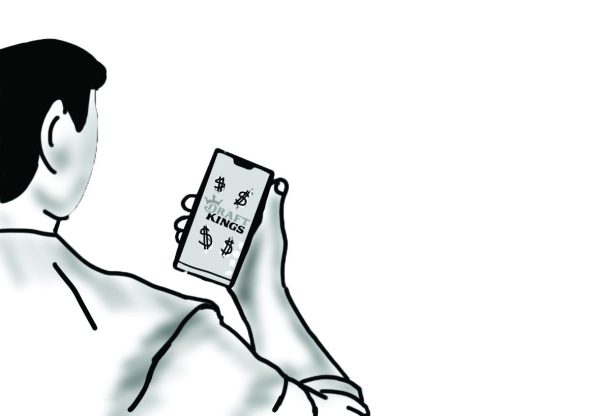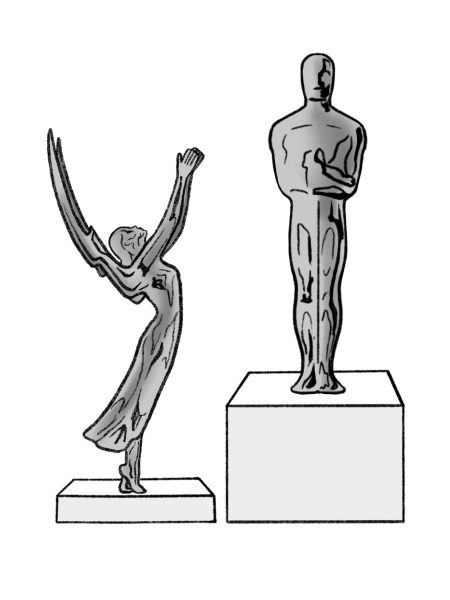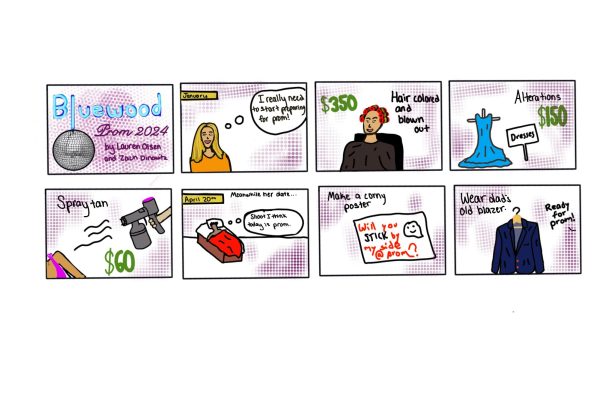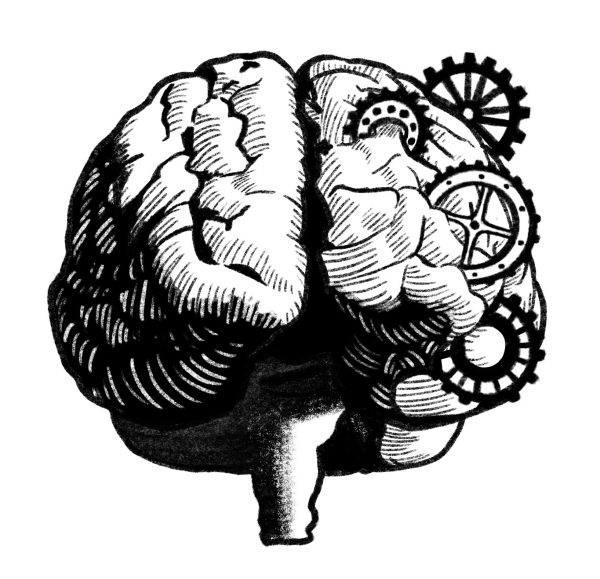Most powerful opinions over the last 60 years
February 7, 2018

The past shapes the present, and journalism is a powerful way to spread opinions across the nation. Without the strong writers of the past, issues would go unnoticed, debates unargued and the public less informed. In honor of 60 years of journalism, here are the Bark’s most influential opinions since 1958.
2018-2008 “WikiLeaks too much information.”
This last decade has been home to social media, computers and, of course, WikiLeaks: a website famous for leaking government secrets. This article sheds light on one of this decade’s largest topics and shares a valuable opinion with students.
The editorial argues that guaranteeing anonymity is key to maintaining trust in a system. Anonymity encourages people to provide information, whether that be a government system or even the Redwood tip line.
WikiLeaks is acting as a modern-day Robin Hood, stealing from the powerful and giving to the overpowered. WikiLeaks brought us NSA information (along with Snowden), letting the public know that their privacy wasn’t being respected. WikiLeaks brought forward the corruption of the Democratic National Committee (DNC) and Hillary Clinton in regards to her use of a personal email browser. Information the public now has, belonged in the people’s hands in the first place. WikiLeaks helps to keep the government in check.
2008-1998 “Attack on Afghanistan sparks controversy”
The war on terror was in full force in the early 2000s. This article was published in November of 2001, only two months after the Sept. 11 attack. People were terrified. The U.S. was under threat. Troops were deployed. In many minds, it seemed that war was the only option, as treaties hadn’t helped bring about peace. The war on terror was, and still is, a time of fear and fueled many negative racial stereotypes about people from the Middle East.
The pro side, written by Jason Moorthy, argued that all other peaceful measures the U.S. had taken had failed, so the war in Afghanistan was the only option. The con side, written by Alex Raffle, argued that innocent civilians were dying and bombs were being dropped while Osama Bin Laden was still out of our reach.
1998-1988 “Should homosexuals be allowed in the military?”
Homosexuals in the military was, and still is, a highly debated, complex topic. The subject of homosexuals in the military evolved in many ways before it was accepted. First the ban on homosexuals in the military, then the “don’t ask don’t tell” period and finally reluctant acceptance. This opinion article from the March issue of 1993 demonstrated both sides of the argument.
The reporter on the pro side, Erik Altman, argued that there is no way to prove sexuality unless someone tells you, so the ban would not be effective.
“This shows that the right wing population in the U.S. will do just about anything to give less rights to any minority,” Altman wrote.
The reporter on the con side, Breton Marsh, argued that it is crucial for the military to remain focused, and the addition of homosexuals in the military could cause stress and distraction among other military members.
We still see this issue manifest itself with President Trump’s attempted ban on transgender people in the military. Sexual and gender identities do not make military personnel less willing to fight and die for this country. Saying we don’t want them fighting alongside everyone else only hurts the strength of our military.
1988-1978 “Abortion: Mercy or Murder?”
Though it may not seem like it in 2018 liberal Bay Area, there is still the pro-life side of the argument on abortion.
The reporter for the pro-choice side, Casey Ross, says legalizing abortion has made teen pregnancy safer and allowed for a more responsible option. The reporter for the pro-life side, Alison Cowley, argues that abortion is murder.
Cowley stated in her article, “In this age of human rights, we have taken away the most precious right of all—the human life itself.”
Though decades have passed, this debate has not. What keeps this debate so alive and, frankly scary, is Trump and his choice of Neil Gorsuch. A hard-core Republican for a Supreme Court Justice has put Roe vs. Wade in danger of being overturned. To do this, it would require a majority vote from the Supreme Court (five out of nine) and there are currently five right-leaning Supreme Court Justices, according to Insidegov.com (Neil Gorsuch, Samuel Alito, John Roberts, Clarence Thomas and Anthony Kennedy).
1978-1968 “Nixon: Impeachment?”
The president is not above the law. As the Watergate scandal was revealed through the works of Washington Post reporters Bob Woodward and Carl Bernstein, people started to demand the resignation of Nixon and push for impeachment. Nixon eventually resigned, showing the power of the individuals and the press.
The side against Nixon, by Rachel Miller, argues as I would, saying that when a president thinks of himself as above the law, it can be dangerous. The pro Nixon side, by Mark Katkov, claims that Nixon had not broken any laws and that people’s ideas of impeachment were too rushed.
With the controversy surrounding President Trump’s election due to the connection to the Russian government and the sexual harassment allegations, we may be entering another treacherous time where the president thinks of himself as above the law.
1968-1958 “White High School Failing Its Duty to America”
Racism was far from eradication during the late ‘50s and ‘60s. The writers of this editorial believed that eliminating school and housing segregation was an important step toward lessening racist ways of thinking. However, the quotes used in this article exemplify the blunt racism going on in both our society and people of high school age.
The article opens by quoting an anonymous source. “I wouldn’t go down there at night no matter what. All those darkies would kill’ya.”
1964, the year this editorial was published, was the first year Redwood High School enrolled Black students. Racism is still present in our community today, perhaps in more subtle ways than blatant slangs. Now, racism takes shape in disregarded police beatings, muffled racial slurs and spray paint on a high school spirit ball.








